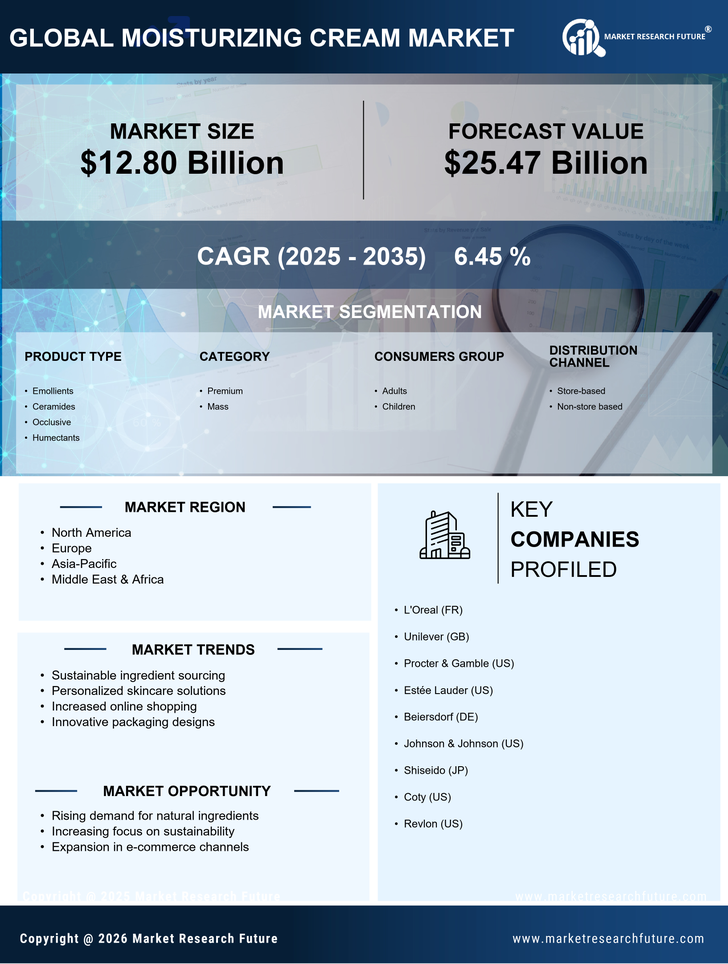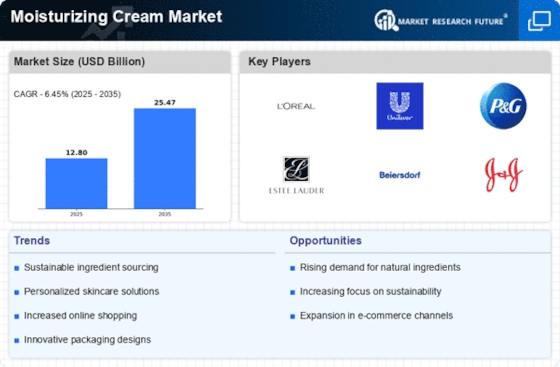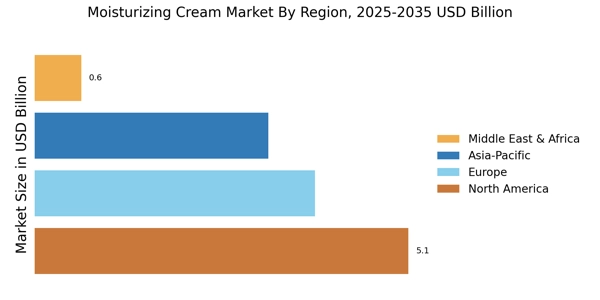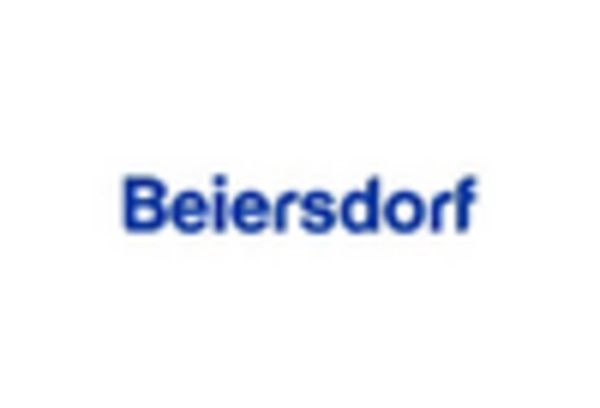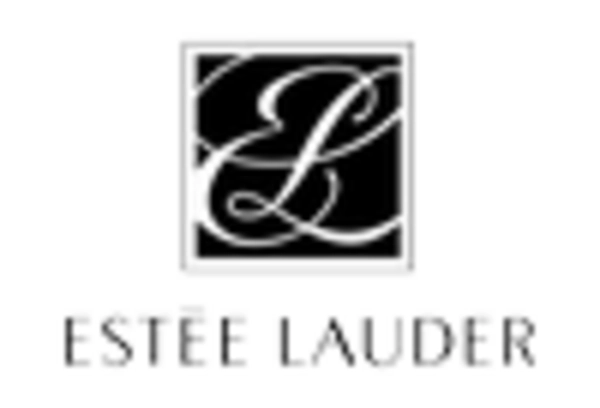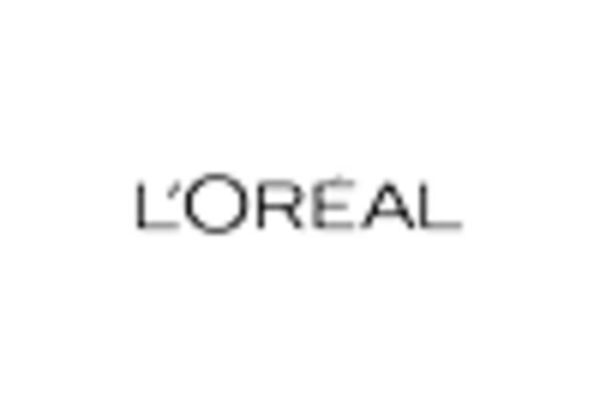Increasing Awareness of Skin Health
The growing awareness of skin health among consumers appears to be a pivotal driver in the Moisturizing Cream Market. As individuals become more informed about the importance of skincare, the demand for moisturizing creams is likely to rise. This trend is supported by data indicating that the skincare segment is projected to grow at a compound annual growth rate of approximately 5.5% over the next few years. Consumers are increasingly seeking products that not only hydrate but also protect the skin from environmental stressors. This heightened awareness is prompting brands to innovate and offer products that cater to specific skin concerns, thereby expanding their market reach. Consequently, the Moisturizing Cream Market is witnessing a surge in product launches that emphasize skin health benefits, which may further drive consumer interest and sales.
Growing Demand for Anti-Aging Products
The growing demand for anti-aging products is a notable driver in the Moisturizing Cream Market. As the global population ages, there is an increasing focus on maintaining youthful skin, leading to a surge in the popularity of anti-aging moisturizing creams. Market Research Future indicates that the anti-aging segment is expected to witness substantial growth, with consumers actively seeking products that offer hydration along with anti-aging benefits. This trend is prompting brands to formulate creams that incorporate ingredients known for their anti-aging properties, such as retinol and hyaluronic acid. Consequently, the Moisturizing Cream Market is likely to see a proliferation of products targeting aging skin, which may further stimulate market growth and attract a diverse consumer base.
Rise in E-commerce and Online Retailing
The rise in e-commerce and online retailing is transforming the purchasing landscape for the Moisturizing Cream Market. With the proliferation of digital platforms, consumers are increasingly opting to purchase skincare products online, driven by convenience and a wider selection. Data indicates that online sales of skincare products have surged, with e-commerce channels accounting for a significant portion of total sales. This shift is prompting traditional retailers to enhance their online presence and adapt to changing consumer behaviors. As a result, brands that effectively leverage digital marketing strategies and optimize their online sales channels are likely to thrive in the Moisturizing Cream Market. The ability to reach a broader audience through online platforms may also facilitate the introduction of niche products, catering to diverse consumer preferences.
Technological Advancements in Formulation
Technological advancements in formulation are significantly influencing the Moisturizing Cream Market. Innovations in skincare technology, such as the development of advanced delivery systems and the incorporation of active ingredients, are enhancing the efficacy of moisturizing creams. For instance, the use of encapsulation technology allows for the sustained release of hydrating agents, which can improve skin absorption and overall effectiveness. Market data suggests that products featuring such advanced formulations are gaining traction, with a notable increase in consumer preference for high-performance skincare solutions. This trend indicates that brands investing in research and development are likely to capture a larger share of the Moisturizing Cream Market, as consumers gravitate towards products that promise superior results and enhanced skin benefits.
Influence of Social Media and Beauty Influencers
The influence of social media and beauty influencers is reshaping consumer perceptions and purchasing decisions within the Moisturizing Cream Market. Platforms such as Instagram and TikTok have become vital channels for beauty brands to engage with consumers, showcasing products through visually appealing content and influencer endorsements. Data suggests that consumers are increasingly relying on social media for skincare recommendations, with a significant percentage of individuals indicating that they trust influencer opinions. This trend is encouraging brands to collaborate with influencers to enhance their visibility and credibility in the market. As a result, the Moisturizing Cream Market is experiencing a shift towards more dynamic marketing strategies that leverage social media engagement, potentially leading to increased brand loyalty and consumer interest.
